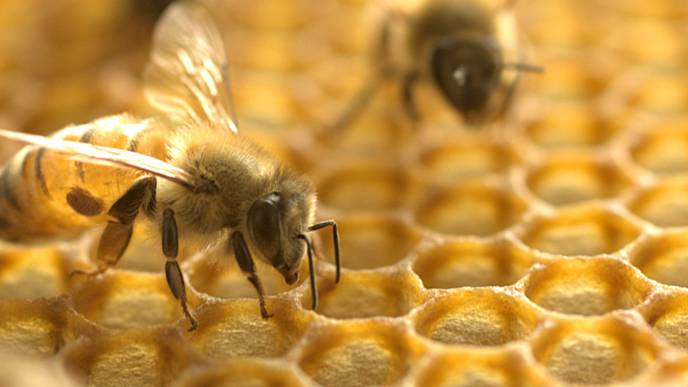ReachMD
Be part of the knowledge.™Honeybees Are More Selective in Their Choices for Nutrition Than Previously Thought

An international research group examined which plants honeybees favour when collecting nectar and pollen. The choices honeybees make have an impact on their health and also on humans, as honeybees pollinate important crop plants.
Honeybees have been considered generalists when selecting flowering plants, in other words, they can use a wide range of different plants. However, recent research has showed that honeybees are quite selective.
"Honeybees choose certain plants as their food resources, and these choices differ among time points and, within a time point, even among bee colonies within the same apiary. As an example, at a time point, a colony would collect nectar and pollen mainly from different plants," describes Helena Wirta, a researcher from the faculty of Forestry and Agriculture at the University of Helsinki.
"Based on our results, honeybees are more selective than assumed, using only a fraction of available plants. Thus, to fulfil its nutritional needs, it is likely to need a wide selection of plants from which to select suitable ones," continues Wirta.
Nectar is the main source of carbohydrates for bees, while they obtain protein and fat from pollen. In this study, honey and pollen samples were collected from beehives. DNA was extracted from these samples, and the plant origin of the DNA was determined.
Plant species differ in the protein quantities and in the composition of amino and fatty acids of pollen, as well as in the quantity and composition of sugars in the nectar. Honeybees then select certain plants that provide the nutrients they need. As an example, based on the DNA of the honey and pollen samples used in the study, bees would use raspberries especially in mid- and late summer for nectar, while early in summer they would collect both nectar and pollen from blueberry and cow parsley.
Food security is based on functional pollination
The results of the study are topical considering the reported pollinator declines in recent years. Honeybees are crucial pollinators especially for crop plants, but they are also important pollinators for wild plants. Understanding which plants are important for honeybee nutrition is therefore important to ascertain that a suitable selection of flowers is available throughout the summer.
"We studied managed honeybees, so our results apply especially to crop species pollination, which impacts both the quality and quantity of yields. To ensure food security, including a variety of plants with high nutritional value, we should take these new findings into consideration," says Wirta.
Facebook Comments